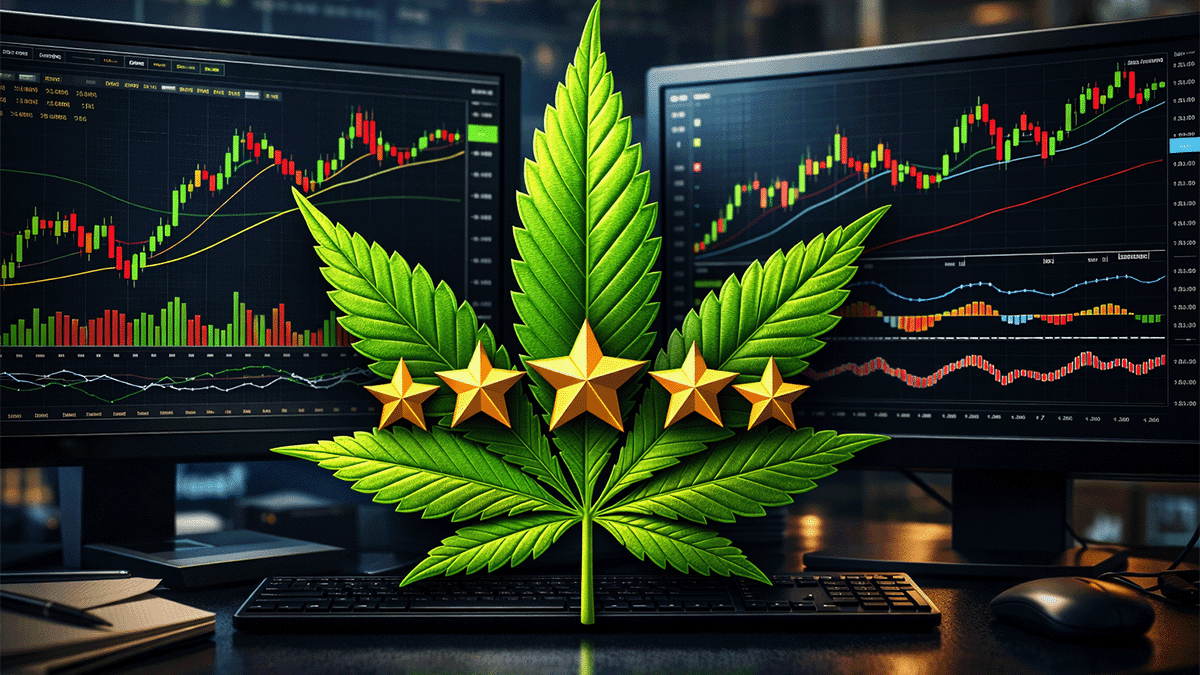A new study has come out showing the possible link between addicts coming off of opioids and marijuana use. For quite some time, the two have been studied to show how the effects of marijuana can help to battle addiction with the ongoing opioid crisis we are facing in America. The study has revealed that medical marijuana can lead to lower levels of opioid deaths, which has been identified in studies many times before.
The report has found specifically that legalizing medical marijuana is highly associated with lower levels of opioid related deaths, in states that have put forth legislation to make marijuana legal. Opioid death rates are not lower in states that do not have protection for the use of marijuana, showing a clear link between the two. Rosalie Pacula, co-author of the study and co-director of the RAND Drug Policy Research center stated recently that :our findings are consistent with previous studies showing an association between the legalization of medical marijuana and lower deaths from overdoses of opioids. However, our findings show that the mechanism for this was loosely regulated medical marijuana dispensaries, and that the association between these laws and opioid mortality has declined over time as state laws have more tightly regulated medical dispensaries and the opioid crisis shifted from prescription opioids to heroin and fentanyl,” Pacula said. “This is a sign that medical marijuana, by itself, will not be the solution to the nation’s opioid crisis today.”
Researchers in the study have been looking at treatment admissions for those who have overdosed from opioids during a 14 year period from 1999 to 2013. The study has also helped to identify whether or not it is beneficial for states to legalize cannabis knowing these results.
The researchers were able to narrow in on a specific time period from 1999 to 2010, to help show that the results are conclusive with several other studies also conducted during the same time period. The researchers in the study were able to continue the research up until 2013, where they found that lower rates of opioid deaths completely corresponds to use of medical marijuana in individuals with issues of addiction.
The study has concluded two main points about the link between the two substances. The first link that they determined shows that states that have adopted new laws regarding medical marijuana with tight regulation, were able to meet the demands of the states to a high degree. The second conclusion shows that the primary driver of the opioid crisis is not prescription drug use, but rather use from substances purchased on the black market. The main substance that was found was heroin and another drug known as fentanyl. Although many individuals believe that the opioid crisis is mainly focused on the overprescription of these drugs, it is clear that there is a large group of individuals who are using black market opioids, that could benefit from marijuana use instead.
Another interesting part of the study shows that there was no reduction in the amount of opioid prescriptions given to patients during the time period. Even if patients decided to switch from opioids to medical marijuana, the number was not high enough to reflect lowered opioid use throughout the data. It remains highly prevalent that the use of medicinal marijuana can benefit those who are addicted to different types of opioid-based drugs. The hopes are high that the future of the cannabis industry can continue to help fight off addiction by offering a cleaner and healthier alternative. Only time will tell how well cannabis can continue to battle the opioid crisis we are facing in this country.
MAPH Enterprises, LLC | (305) 414-0128 | 1501 Venera Ave, Coral Gables, FL 33146 | new@marijuanastocks.com










